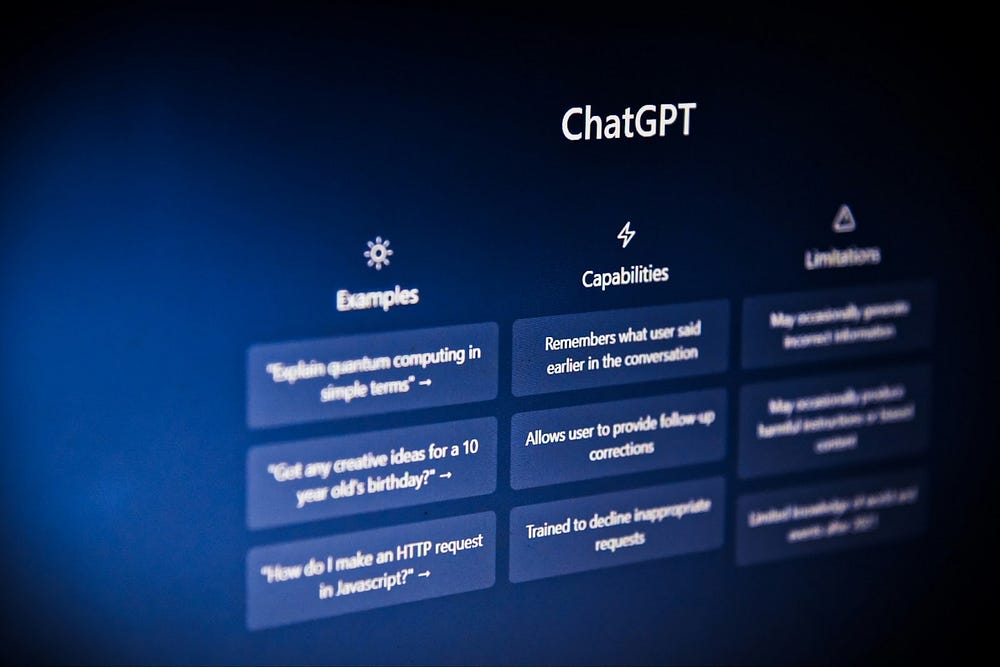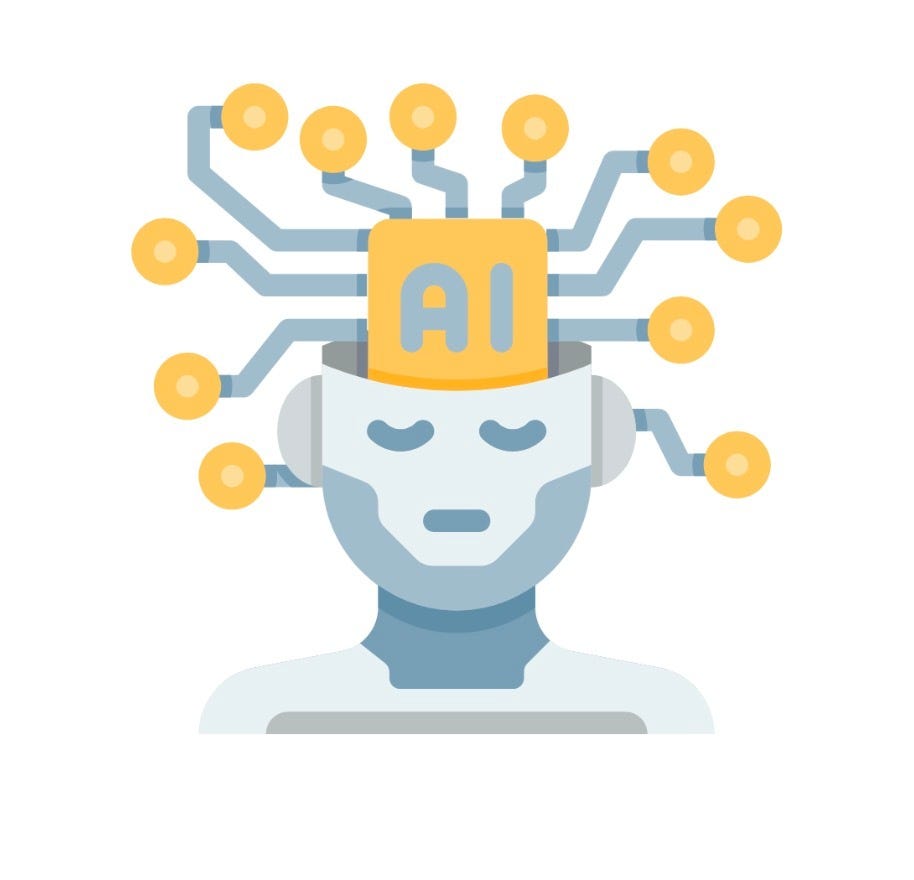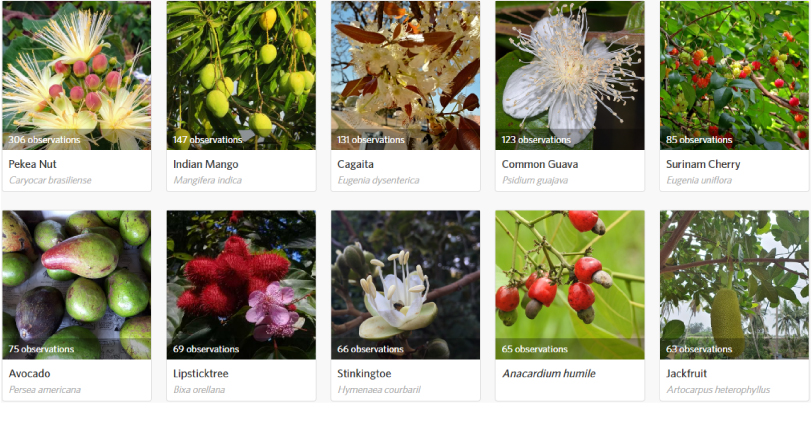
Using intelligence to use artificial Intelligence: A deep dive into Prompt Engineering Author Dhruv Gupta (ORCID: 0009–0004–7109–5403 ) Introduction Large Language Models (LLMs) have become the new normal in the field of Natural Language Processing (NLP). With their improved performance and generative power, people around the world are relying on it for







